In a couple of weeks, I'm flying to New York to attend my youngest son's wedding. He and his bride-to-be are perfect for each other. When I'm near them, my heart literally skips beats. At the reception, I suspect there will old and young on the dance floor. Thinking about the music, the movement, and the laughter evoked this simple haiku poem.
|
by Gwendolyn M Plano Each week poet Ronovan Hester sponsors a Haiku prompt challenge, and folks (like me) try to follow his lead. This week the two words are beat and party. If you have interest in this art form, please click on his name and you'll be guided to his website where you'll find detailed instructions. In a couple of weeks, I'm flying to New York to attend my youngest son's wedding. He and his bride-to-be are perfect for each other. When I'm near them, my heart literally skips beats. At the reception, I suspect there will old and young on the dance floor. Thinking about the music, the movement, and the laughter evoked this simple haiku poem.
16 Comments
by Gwen M Plano We carry two calendars in our heart. One tracks the tragedies, the other our joys. We usually don’t think about these interior calendars, until someone or something hurts us. It is then that we become aware of the past month, the past year, and our life in general. We use these inner calendars as a measurement of the worthiness of life. Though not visible markers of time, they hold real events. When our tragedies overlap, we can lose balance and with it, our sense of perspective. It is then that we say things, harsh things, about ourselves or others. Hurt becomes all that we know, and we lash out. We want others to feel our pain. If laughter fills the months of our other calendar, we live unaware of its shadow. We see but don’t see the suffering around us. We live oblivious to pain and imagine joy is our right. Because of this, we are even more upset when hardship comes our way. We question why me. My calendar of the last twelve months is very full. Medical challenges and my mom’s passing top the list, but there were other difficulties as well. If it weren’t for my friend Joyce, I might have been overwhelmed. Joyce is wheelchair-bound. Guillain-Barre changed her life overnight. Her courage and determination help others summon the same. Though I don’t have a fraction of her strength, her example provides a direction for me. She chooses to see beauty rather than brokenness, and irrespective of the difficulty, she sees a gift. We are surrounded by hurting people. The impatient clerk at the grocery store, the rude driver on the freeway, the yelling couple down the street. We are not alone, but alone we stand unless we reach. This song from R.E.M. hit home for me; perhaps it will for you as well. ♥ by Gwendolyn M Plano Each week poet Ronovan Hester sponsors a Haiku prompt challenge, and folks (like me) try to follow his lead. This week the two words are sun and fun. If you have interest in this art form, please click on his name and you'll be guided to his website where you'll find detailed instructions.
I grew up in the California desert, but often our family would drive to San Diego and go to the beach. I've never surfed, though I love to watch the surfers. At the first glimpse of light, they are in the water where they wait for the waves. The process is a meditation of sorts. I like to walk along the water's edge and watch the surfers as they wait. Somehow in doing so, my busy mind is quieted. Then when the perfect moment arrives, and a surfer crests a wave, my heart soars with them. They are the inspiration for this simple haiku poem. by Gwendolyn M Plano Why do you write? One of my sisters has asked me this question multiple times. She is a dyslexic and writing is a frightening task for her. Misspellings and absent punctuation are part of her life; she does not see either. She’s quite aware of this handicap, unseen though it is, and she compensates through her developed verbal skills and persistence. Why do you write?
I’ve tried to explain why I write, but my sister has remained dumbfounded. She equates my avocation to the world of extreme sports. Just as a climber needs to scale El Capitan in Yosemite, writers need to write, she thinks. It’s just something they must do, a risk they must take. But why? Yesterday my sister called, excited by what she had read. She explained that she now understood why I write. She proceeded to read from one of Henri Nouwen’s books, and as she did so, I choked back my emotions. Nouwen’s words had captured my heart and given voice to its secrets. I wonder if Nouwen is writing for all of us who sit before a computer putting thoughts to bare pages. My question prompts me to share his words with you. If you have a moment, let me know if you find resonance. Writing is a process in which we discover what lives in us. The writing itself reveals to us what is alive in us. The deepest satisfaction of writing is precisely that it opens up new spaces within us of which we were not aware before we started to write. To write is to embark on a journey whose final destination we do not know. Thus, writing requires a real act of trust. We have to say to ourselves, “I do not yet know what I carry in my heart, but I trust that it will emerge as I write.” Writing is like giving away the few loaves and fishes one has, trusting that they will multiply in the giving. Once we dare to “give away” on paper the few thoughts that come to us, we start discovering how much is hidden underneath these thoughts and gradually come in touch with our own riches. by Gwendolyn M Plano Each week poet Ronovan Hester sponsors a Haiku prompt challenge, and folks (like me) try to follow his lead. This week the two words are sweet and shy. If you have interest in this art form, please click on his name and you'll be guided to his website where you'll find detailed instructions.
In the early morning, deer often congregate outside my office window. When I saw this week's challenge words (sweet and shy), I thought of my four-legged friends. They are the inspiration for this simple haiku poem. by Gwendolyn M Plano 1972 seems so long ago, several lifetimes ago. I was just twenty-something when I traveled to Japan in April of that year with my then three-year-old son and former spouse. Jesse didn’t notice the language barrier. What baby does? He would scamper over to another child and together they’d excitedly speak toddlerese. Joy is one language that needs no translation. But, learning Japanese did not come easily for me. I struggled to communicate and often used Jesse as my translator. I’d carry him with me into the post office or bank and have him repeat to the clerk in Japanese what I’d say to him in baby English. With a bit of imagination, the clerk and I could do our business and enjoy a few laughs. There were many foreigners in Japan in the 1970s. Most, like me, came seeking enlightenment, that elusive state of mind where suffering does not exist. During my five years there, I sat long hours in meditation with legs crossed, hoping for freedom and longing for home. Now forty-six years later, my legs can no longer twist the way they did when I was young. But, I often sit in silent prayer. When I think back to my years in Japan, to the places I visited, to the people I met, to the world that opened up for me, I’m reminded of Matsuo Basho’s quote, “Every day is a journey, and the journey itself is home.” Somehow, over the great expanse of time, I got comfortable with home being wherever I was. It’s not a structure or a location; it is much less tangible than either of these. I’ve discovered that home is where my heart is at peace, which is to say that when I am at peace, I am also at home. Do you experience home similarly? 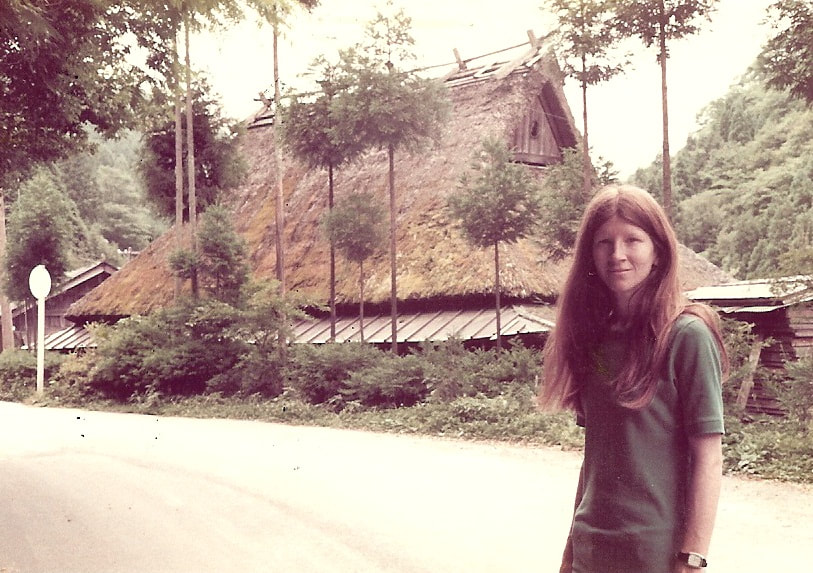 by Gwendolyn M Plano Each week poet Ronovan Hester sponsors a Haiku prompt challenge and folks (like me) try to follow his lead. This week the two words are regal and hopeful. If you have interest in this art form, please click on his name and you'll be guided to his website where you'll find detailed instructions. When I thought of the two words (regal and hopeful), my grandchildren came to mind. Their lively and precious imaginations spark my own dreams. They are the inspiration for this simple haiku poem. by Gwendolyn M Plano Over time, I've realized that as I read, I look for the author. I want to know him or her. When the two of us meet through the pages of their work, I discover a friend. This poem attempts to capture my reading process.
How about you? Do you search for the writer? by Gwendolyn M Plano 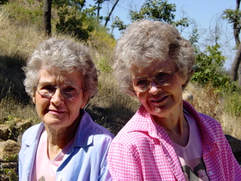 We all face them – the final goodbyes to loved ones. A year ago, my dad passed away and two weeks ago, my mom joined him. Both of my parents had long and productive lives. Together and separately, they experienced the breadth of life’s sorrows and the not-so-obvious joys. For about twenty years, my mom was bent over, the result of a back injury and severe osteoporosis. She did not complain about this burden, but she did not like photos that showed her condition. This picture was taken eleven years ago and is of mom with her identical twin; the difference in height tells the story. During mom’s last hours of life, she could barely speak but she whispered, “I don’t know what to expect next.” I shared the documented cases of near death experiences and talked of the love that would surround her and how she would meet her loved ones. I also asked her to send me a sign from heaven. A couple of days after mom’s funeral, my friend Nancy, a strong intuitive, called to offer her condolences. As I was sharing, Nancy interrupted and said, "Your mom is here. She is telling me that she can stand up straight now and her back does not hurt. What does that mean?" Stunned, I described my mom’s back condition, and after a few tears, we both knew that mom had sent her sign from heaven. |
For blog updates, please subscribe below.
Archives
June 2024
|
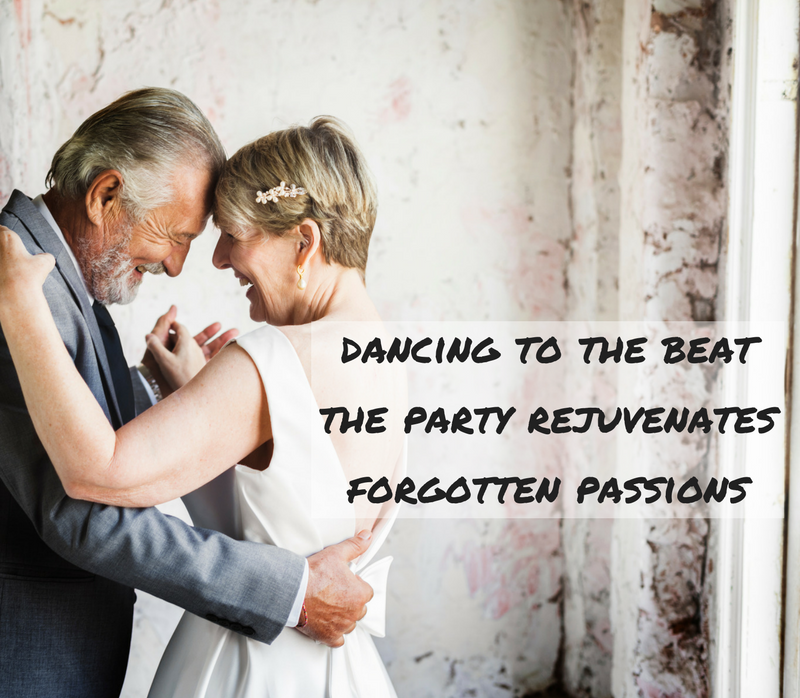
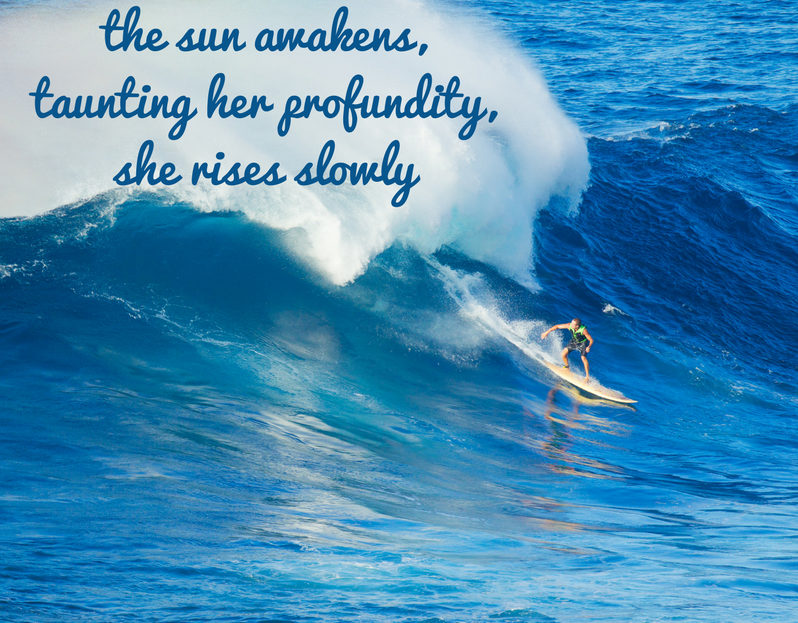
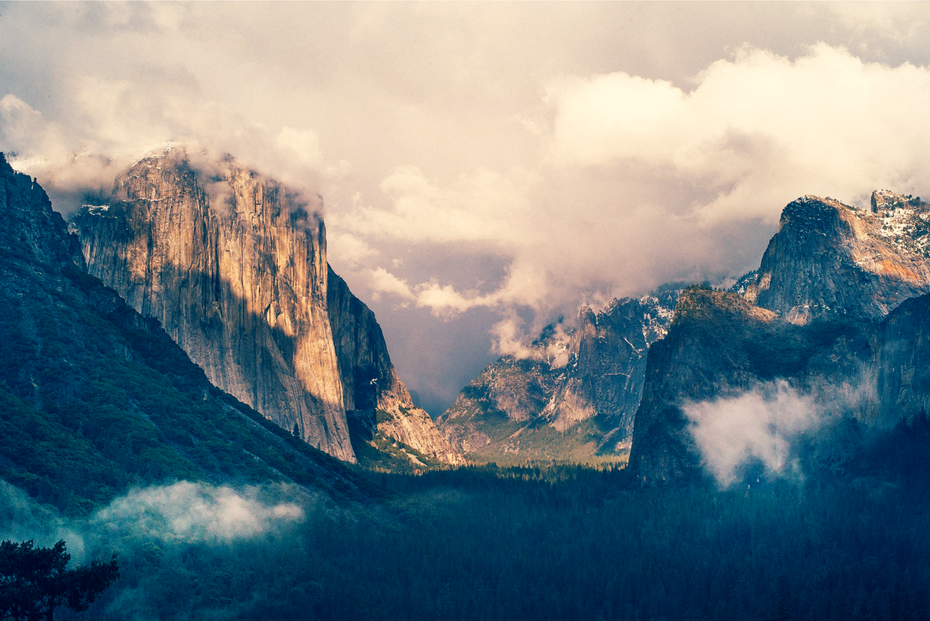
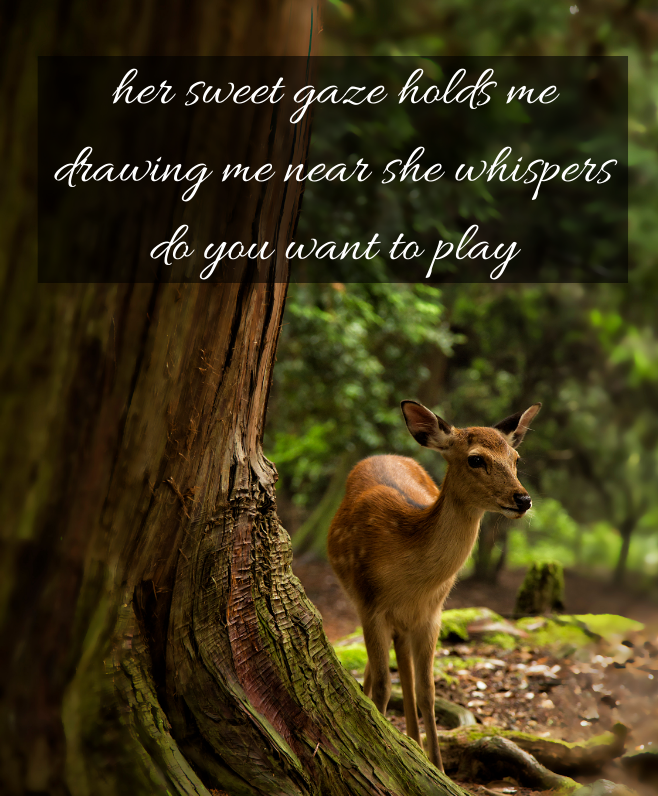

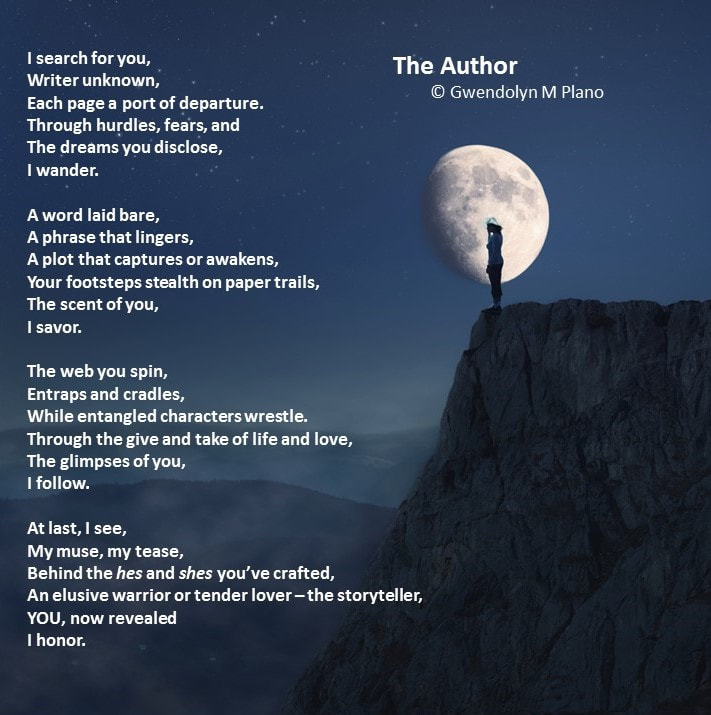
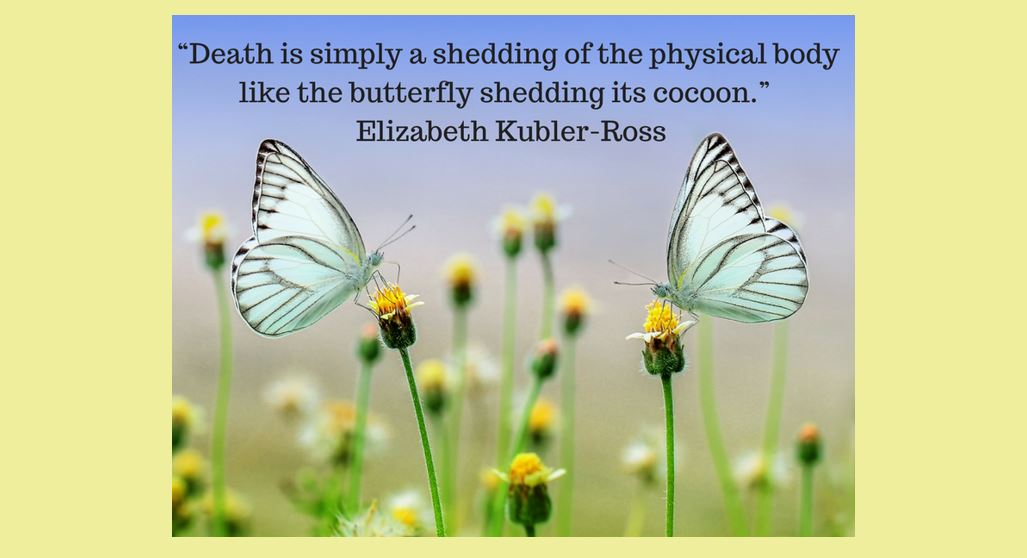
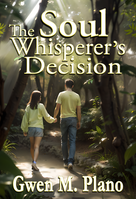
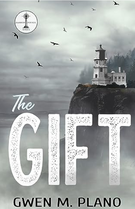
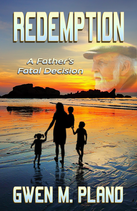
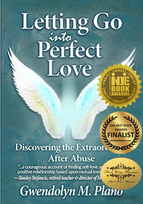
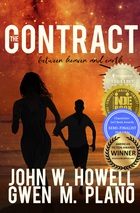
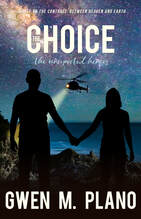
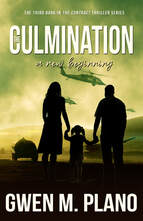
 RSS Feed
RSS Feed